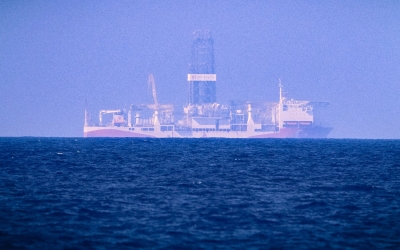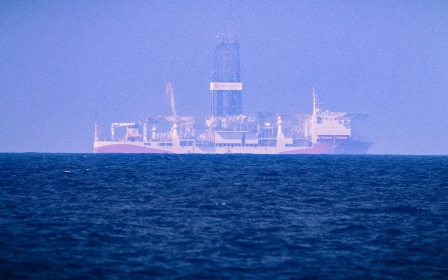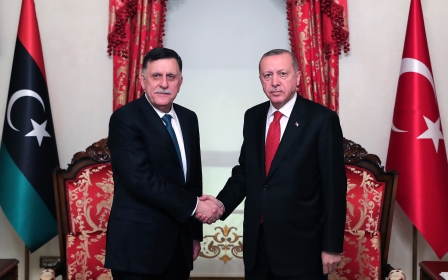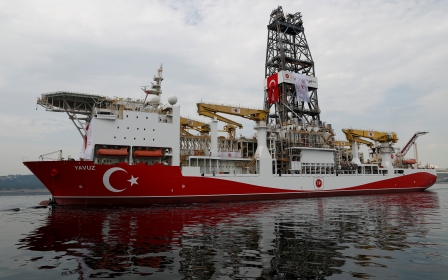Greece says EastMed pipeline deal to be signed 2 January despite tensions with Turkey
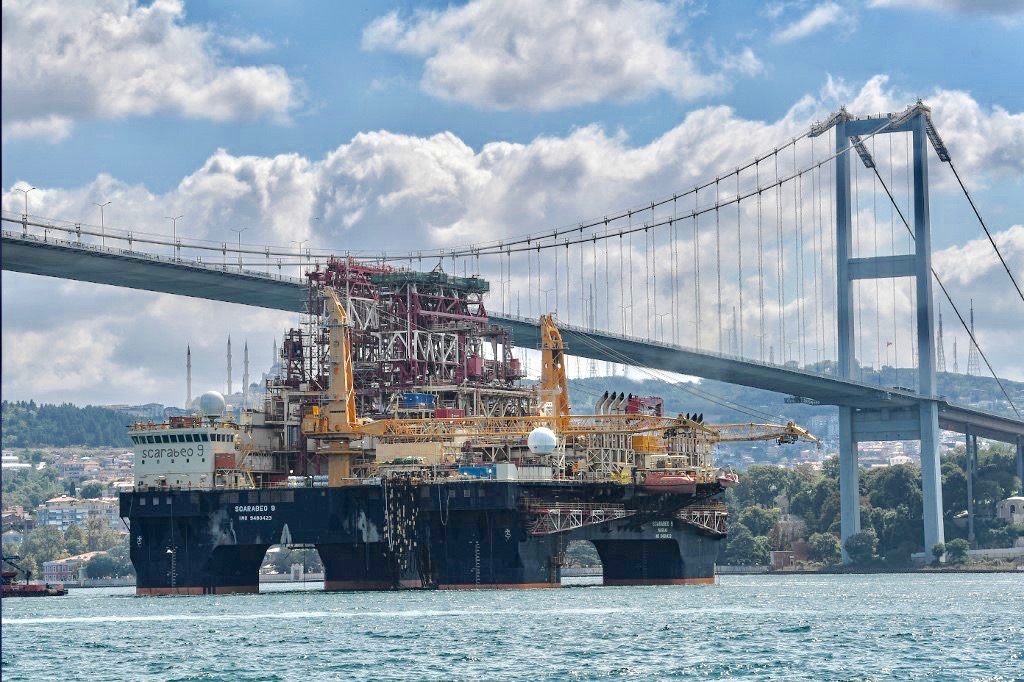
The Greek government said on Sunday that it will sign an agreement for a huge pipeline project with Cyprus and Israel next month that is designed to ship gas from the eastern Mediterranean to Europe.
The move comes amid tensions with Turkey over its own activities in the area and a contentious maritime deal with Libya expanding Ankara's claims over a large gas-rich area of the sea, AFP reported.
Greek Prime Minister Kyriakos Mitsotakis's office said the agreement for the EastMed pipeline would be signed in Athens on 2 January with Israeli Prime Minister Benjamin Netanyahu and Cypriot President Nicos Anastasiades.
The 2,000-kilometre (1,200-mile) pipeline will be able to transfer between nine and 12 billion cubic metres a year, running across the Mediterranean from Israel’s Levantine Basin offshore gas reserves to Cyprus, the Greek island of Crete and the Greek mainland, and on to Italy and Europe, the Associated Press said.
European governments and Israel had agreed in April to move forward with a Mediterranean pipeline project to carry natural gas from Israel to Europe, setting a target date of 2025 for completion. Europe is keen to diversify its energy supplies, and Greece wants to promote itself as a hub for the transit of gas from the eastern Mediterranean to the continent, Reuters said.
The discovery of hydrocarbon reserves in the eastern Mediterranean has sparked a scramble for the energy riches and a dispute between Cyprus and Turkey, which occupies the north of the Mediterranean island.
Turkey already faces European Union sanctions over ships searching for oil and gas off Cyprus, whose government in Nicosia is not recognised by Ankara.
These tensions have been exacerbated in recent years after Greece and Cyprus started issuing hydrocarbon drilling licences. Turkey has accused authorities in Nicosia of exploring waters that either belong to Ankara or where Turkish Cypriot authorities claim to have a right to any discoveries, MEE reported earlier this month.
The EastMed project is expected to make Cyprus, Greece and Israel key links in Europe's energy supply chain and aims to stymie Turkey's effort to extend its control to the eastern Mediterranean.
"It is really important that the countries showed they can react quickly against Turkey's provocative stance," Greek government spokesman Stelios Petsas said.
Greece responded angrily to the Turkey-Libya deal, expelling the Libyan ambassador and urging the UN to condemn it.
Part of the deal sets a maritime boundary between the two countries, which Greece says fails to take into account the island of Crete.
Turkish President Recep Tayyip Erdogan said earlier this month that he envisaged joint energy exploration activities with Libya in the eastern Mediterranean.
Turkey already has ships searching for oil and gas off Cyprus, and says the Turkish Republic of Northern Cyprus - recognised only by Ankara - has the right to explore around the entire island.
"The EastMed pipeline agreement will go forward despite what Erdogan says," Greek Energy and Environment Minister Kostis Hatzidakis said on Sunday.
Middle East Eye delivers independent and unrivalled coverage and analysis of the Middle East, North Africa and beyond. To learn more about republishing this content and the associated fees, please fill out this form. More about MEE can be found here.


